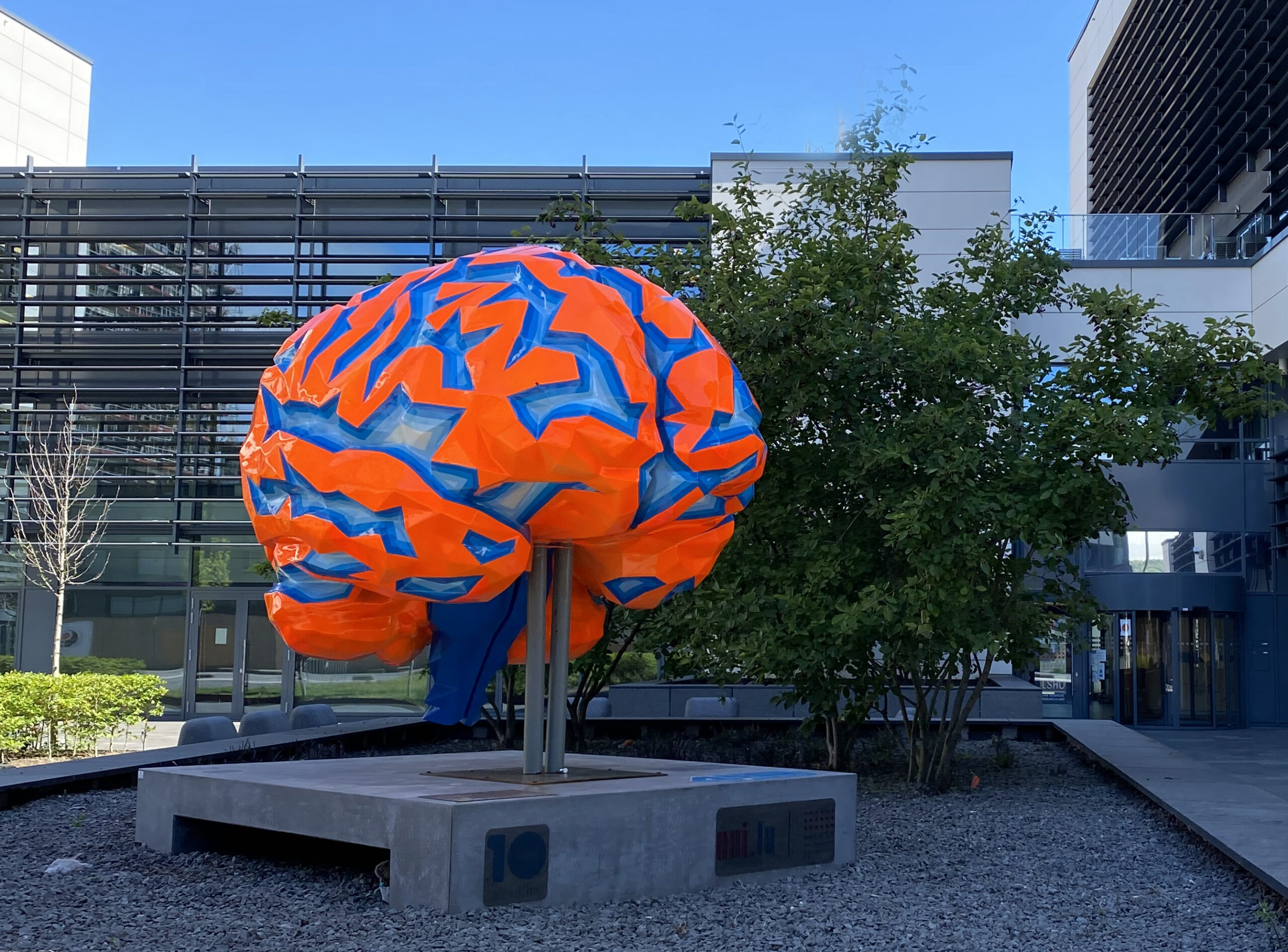Trem2 and amyloid β in Alzheimer’s disease – theme and variation
Progressive accumulation of extracellular amyloid plaques, neurofibrillary tangles, and neuroinflammation are characteristic hallmarks of Alzheimer disease (AD). Genetic studies strongly support a critical role of the amyloid β peptide (Aβ) and neuroinflammatory processes in the development of AD and related neurodegenerative disorders. Besides rare genetic variants, the spectrum of Aβ peptides and other AD related proteins found in human brains is increased by post-translational modifications.
Distinct post-translational modifications of Aβ peptides differentially modulate their aggregation and deposition, and are found in different characteristic lesions in AD brains. Aβ modifications also modulate the interaction with the triggering receptor expressed on myeloid cells 2 (TREM2), a critical immune receptor that regulates the activation of microglia and neuroinflammatory processes during AD pathogenesis.
The underlying molecular mechanisms and functional implications of these interaction will be discussed.
About the speaker
Dr. Jochen Walter is Professor of Molecular Neurology at the University of Bonn. His research is focussed on molecular and cellular mechanisms of Alzheimer’s disease, and led to the identification and characterization of principal pathways in the metabolism of the amyloid β-peptide, and functional connections to neuroinflammatory processes.

